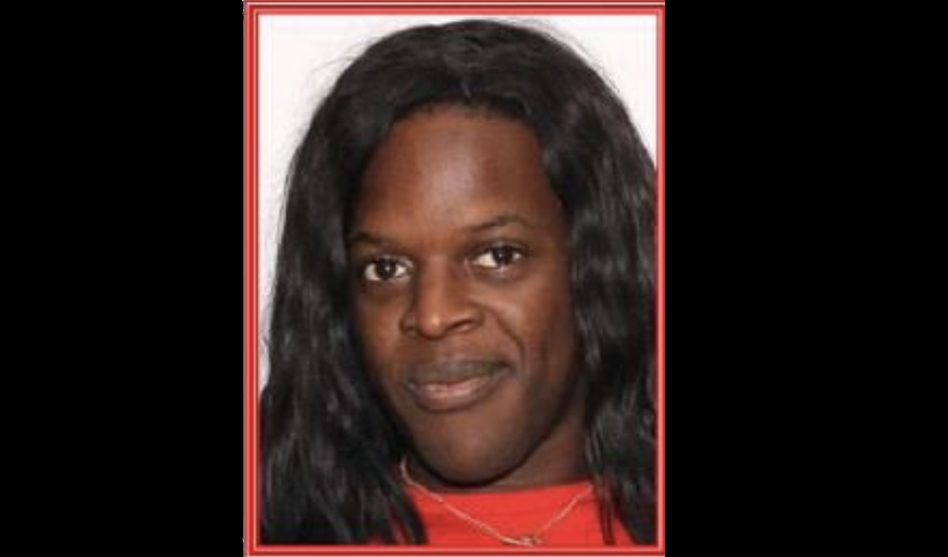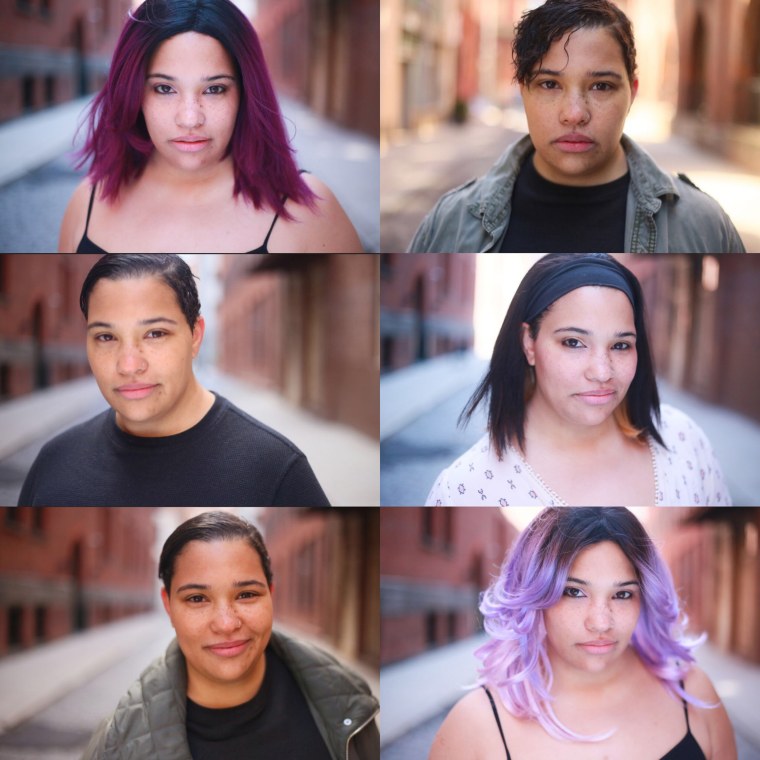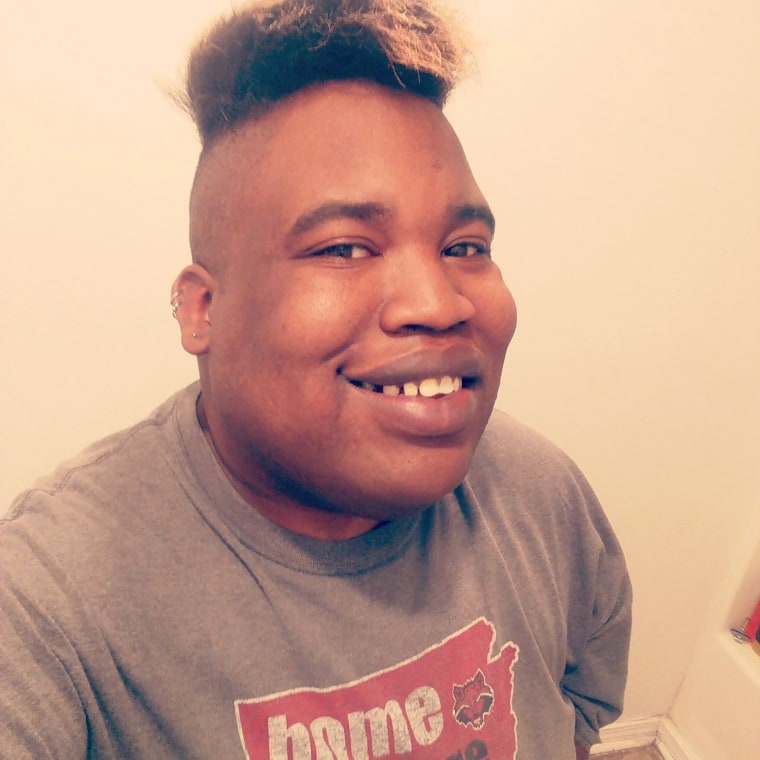Lawmakers, Medical Experts Speak Out against Anti-trans Health Proposal
A coalition of 125 House Democrats and the American Medical Association submitted but two of the hundreds of thousands of comments to the Trump administration in opposition to a proposed rule that would exclude transgender people from non-discrimination protections in health care.
The comments were submitted Tuesday to the Department of Health & Human Services as part of the comment process for the proposed rule change for enforcement of Section 1557 of the Affordable Care Act, which was announced in May just before Memorial Day weekend.
The Trump administration proposal would roll back an Obama-era rule interpreting Obamacare, which bars discrimination on the basis of sex in health care, to apply to cases of anti-trans discrimination, including the denial of transition-related care and gender reassignment surgery.
The rule change also seeks to roll back the interpretation of the law as it pertains non-discrimination protections for women who have had abortions and individuals with limited English-speaking ability.
The group of 125 House Democrats who submitted a formal letter in opposition to the rule were led by Reps. Barbara Lee (D-Calif.), Joseph Kennedy III (D-Mass.) and Diana DeGette (D-Colo.).
“Let me be clear: Patient care should be determined by what’s best for the patient, not a provider’s personal beliefs,” Lee said in a statement. “This proposed rule would place even more barriers to care for groups who need it the most, especially LGBTQ+ people, people needing reproductive health care, those whose first language is not English, people of color and people with disabilities.”
The American Medical Association, the nation’s largest association of physicians and medical students, also submitted a formal letter in opposition to the proposed change.
“This proposal marks the rare occasion in which a federal agency seeks to remove civil rights protections,” the letter says. “It legitimizes unequal treatment of patients by not only providers, health care organizations and insurers, but also by the government itself — and it will harm patients. Such policy should not be permitted by the U.S. government, let alone proposed by it.”
California Attorney General Xavier Becerra and Massachusetts Attorney General Maura Healey also led a coalition of 22 state attorneys general in submitting a comment in opposition to the rule.
Another comment were submitted by the Leadership Conference Education Fund, which said the proposal “would sow discrimination back into the health care system.”
An advocacy group for people with chronic conditions known as “I Am Essential,” which says the change “will make it much harder for people with serious and chronic health conditions to afford and get what they need,” submitted comments signed by 122 organizations.
The National Center for Transgender Equality says it has gathered with the Transgender Law Center more than 20,000 such comments in opposition to the rule change and the coalition as a whole has gathered more than 110,000 comments.
The proposed rule-change is a double-whammy for the transgender community, which already endured a rollback in health care protections after the Department of Health & Human Services implemented a “conscience rule” allowing medical practitioners to deny services that violate their religious beliefs, including treatment for transgender people.
As transgender advocates solicit comments in opposition to the rule, anti-trans groups have been mustering their forces to submit comments to support of the Trump administration change.
Last week, the anti-LGBT Family Research Council sent out an email blast soliciting comments from supporters in the support of the anti-trans rollback. The Family Research Council didn’t respond to the Blade’s request to comment on the number of comments it obtained.
The comments are intended to inform the Department of Health & Human Services’ implementation of the proposed rule. Regardless of the comments, if the administration deems the measure appropriate, the rule will become final.
A Department of Health & Human Services spokesperson said the department “takes seriously” congressional inquiries and public comments and will respond appropriately and in a timely fashion.
“Every person should be treated with dignity and respect and HHS is committed to vigorously enforcing all of the civil rights laws as entrusted to us by Congress, before, during and after any rule-making,” the spokesperson said.
It should be noted the regulation the Trump administration seeks to rescind was already moot. U.S. District Judge Reed O’Connor had enjoined the U.S. government from enforcing the Obama-era rule as a result of a lawsuit filed by Texas Attorney General Ken Paxton. The Trump administration under former U.S. Attorney General Jeff Sessions declined to appeal the decision.
Transgender advocates had long anticipated this proposed rule change from the Trump administration and during the comment process sounded the alarm for supporters of transgender rights to submit letters in opposition to the policy.
Gillian Branstetter, a spokesperson for the National Center for Transgender Equality, said the Trump administration should pay heed to the breadth of the voices in the comments against the proposed change.
“We’ve been deeply moved by the massive outpouring of support for the health care access of transgender people from friends, families, allies, providers, faith leaders and trans people themselves,” Branstetter said. “These include countless stories of fear, prejudice and ignorance experienced by trans people when they need it most. HHS must acknowledge the enormous risks posed by this rule for severe harm to marginalized people and public health as a whole.”




